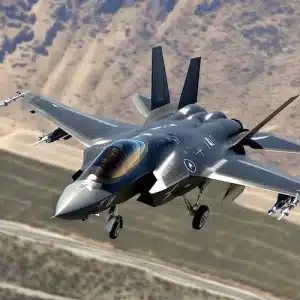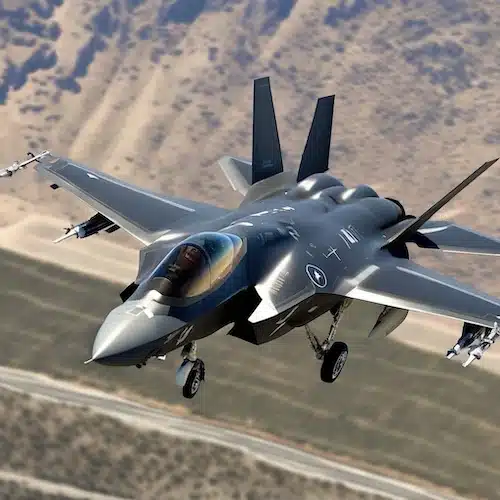Military Firearms Investigations: Understanding Ballistics and Forensic Evidence: Understanding Ballistics and Forensic Evidence
Firearms-related charges in the military—ranging from negligent discharge to unlawful killings—often depend heavily on ballistic and forensic evidence. For service members facing such accusations, understanding how this evidence works (and how to challenge it) can mean the difference between conviction and acquittal.
From gunshot residue and bullet trajectory to casing identification and shooting reconstruction, forensic claims are often treated as absolute proof. But most of this evidence is interpretive—and subject to human error, contamination, and biased assumptions.
Watch: Understanding Military Defense Strategies
Learn directly from our legal experts at Gonzalez & Waddington, Attorneys at Law—a globally recognized firm in UCMJ defense and military legal strategy. This video explores key tactics for fighting back in administrative separation boards, court-martials, and more.
For help with your military legal situation, contact us at ucmjdefense.com or call 800-921-8607. Serving clients worldwide.
Types of Forensic Firearm Evidence Used in UCMJ Cases
- Shell casing and bullet markings (“ballistic fingerprints”)
- Gunshot residue and chemical testing
- Entry/exit wounds and firing trajectory models
- Damage to property or bodies
- Gunpowder pattern analysis and trigger-pull strength
This evidence is often introduced in cases involving ROE violations, combat zone shootings, training accidents, domestic violence, and weapon mishandling charges.
Top Military Defense for Firearms-Related Charges
Gonzalez & Waddington, Attorneys at Law is a globally known military defense firm led by Michael Waddington and Alexandra Gonzalez-Waddington. They have defended UCMJ clients in over 12 countries and worked on high-profile cases involving war zone shootings, negligent discharges, friendly fire incidents, and combat rules of engagement violations.
Why Choose Our Firm?
- We know how to challenge flawed forensic testimony
- ️ We retain world-class forensic consultants in firearms and ballistics
- ️ We expose weak links between recovered evidence and the accused
- Authors of trial advocacy books used to train other lawyers worldwide
Whether you’re under investigation or facing a general court-martial, call us at 800-921-8607 or visit ucmjdefense.com for a confidential case evaluation.
Military Ballistics Investigations – Frequently Asked Questions
What is ballistic fingerprinting?
Ballistic fingerprinting involves matching unique microscopic marks left on a bullet or casing with the firearm that discharged it. These comparisons are often used in military shooting investigations to try to tie a weapon to a scene—but they are not foolproof.
Can gunshot residue be used against me?
Yes. Gunshot residue (GSR) is often used to claim that a person fired or was near a firearm. However, GSR can transfer easily and contaminate surfaces. A strong defense can challenge the reliability and interpretation of these tests.
How do you defend against ballistic evidence?
We challenge the credentials and methodology of prosecution experts, highlight uncertainties in testing results, and use independent experts to present an alternate theory. Ballistics often rely on assumptions—not hard proof.
Can this evidence be used in training accidents or combat zone cases?
Absolutely. We’ve seen ballistic evidence used in ROE incidents, live-fire mishaps, and blue-on-blue friendly fire cases. These require both technical understanding and strategic framing of the operational context.
How do I get Gonzalez & Waddington on my case?
Call 800-921-8607 or visit https://ucmjdefense.com. We defend clients facing firearm allegations in all military branches—worldwide.




